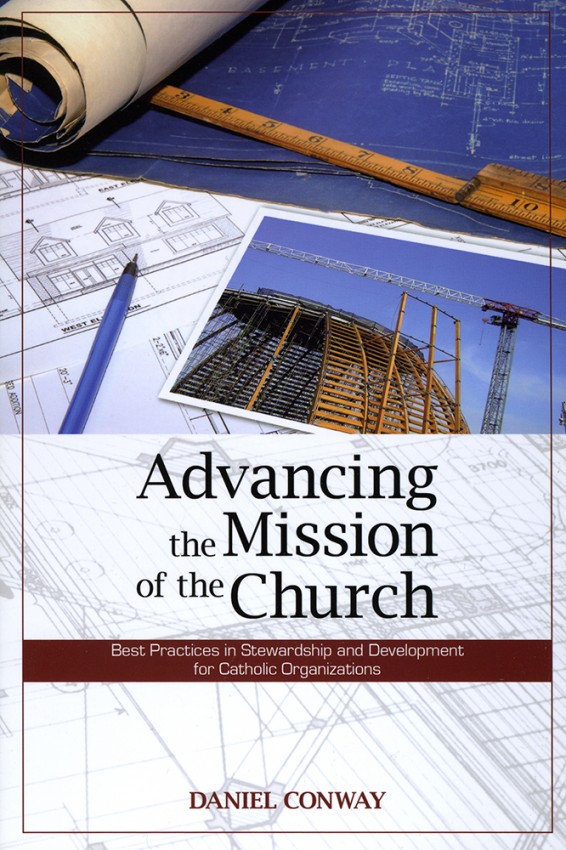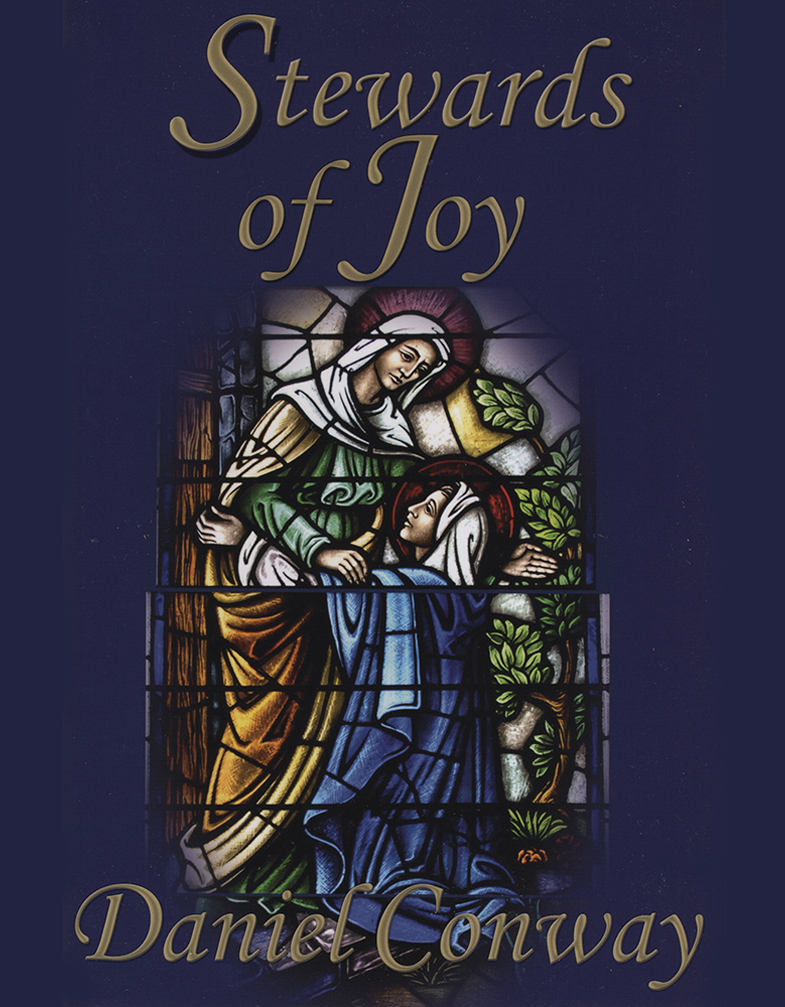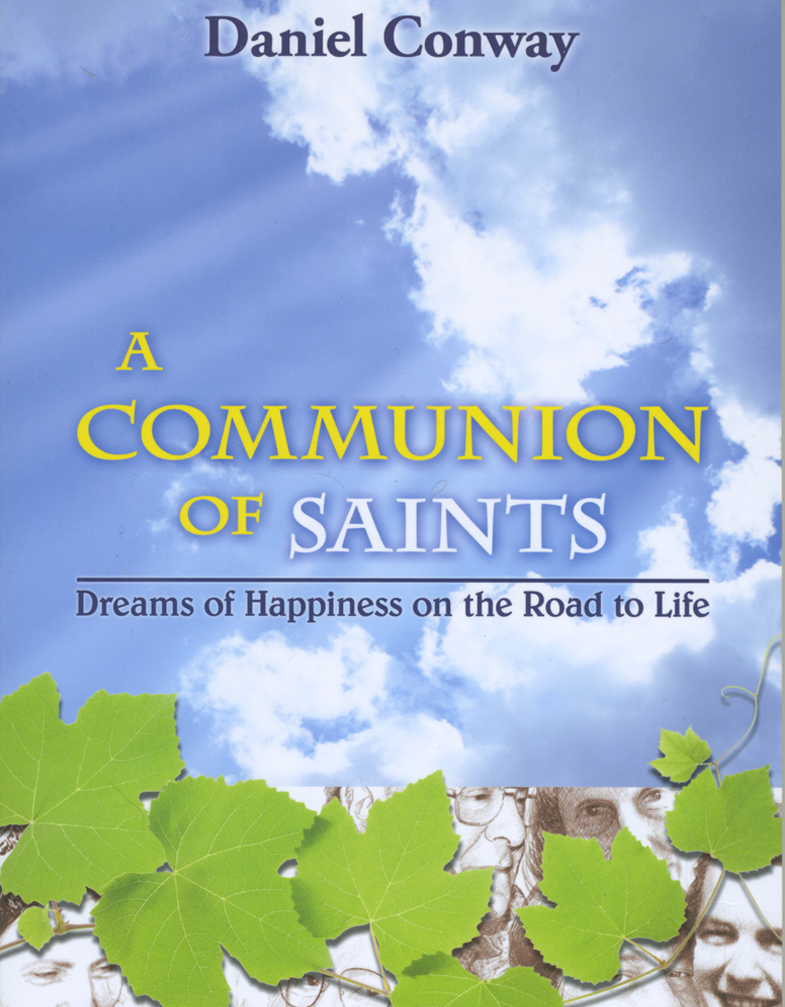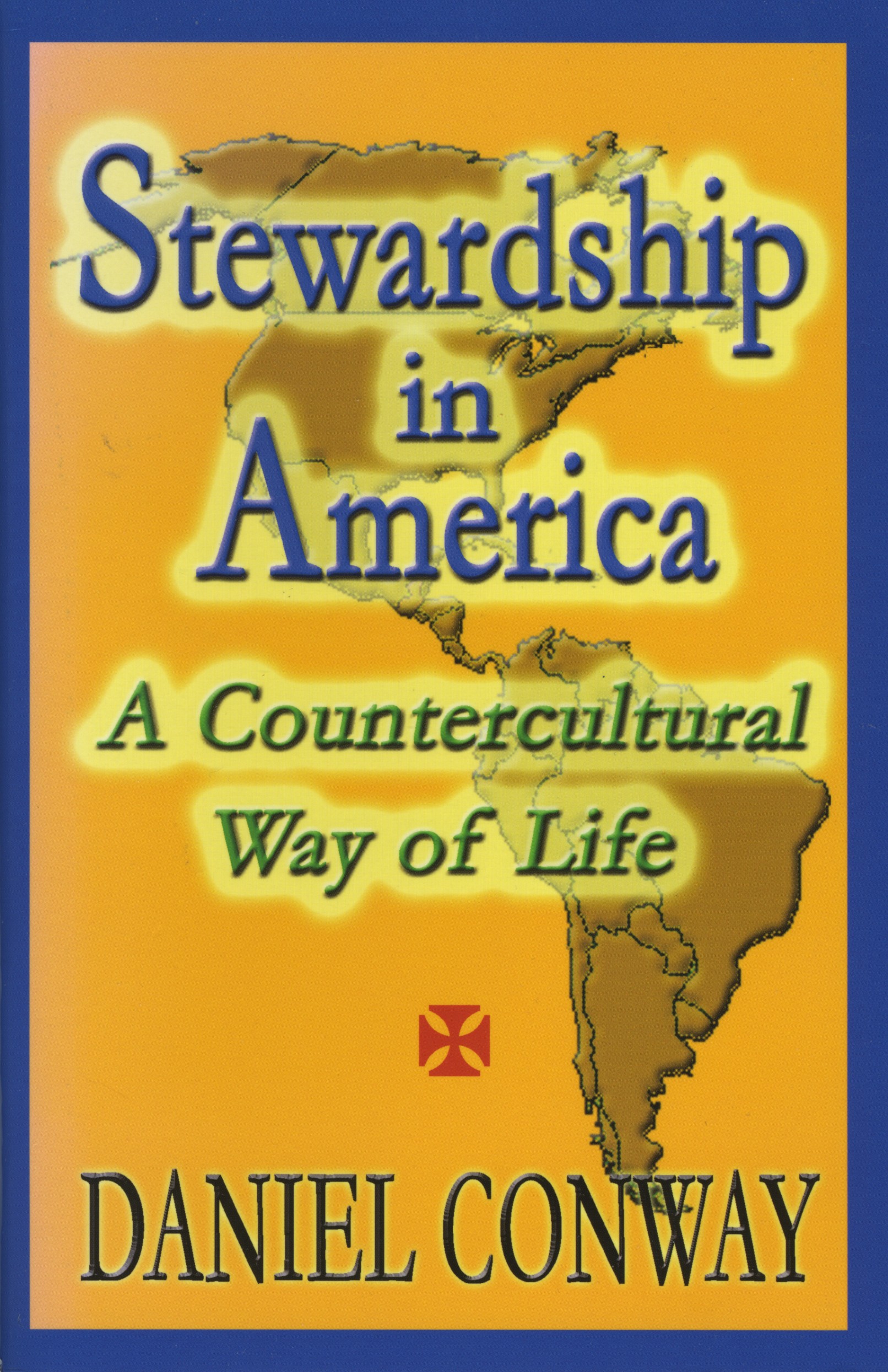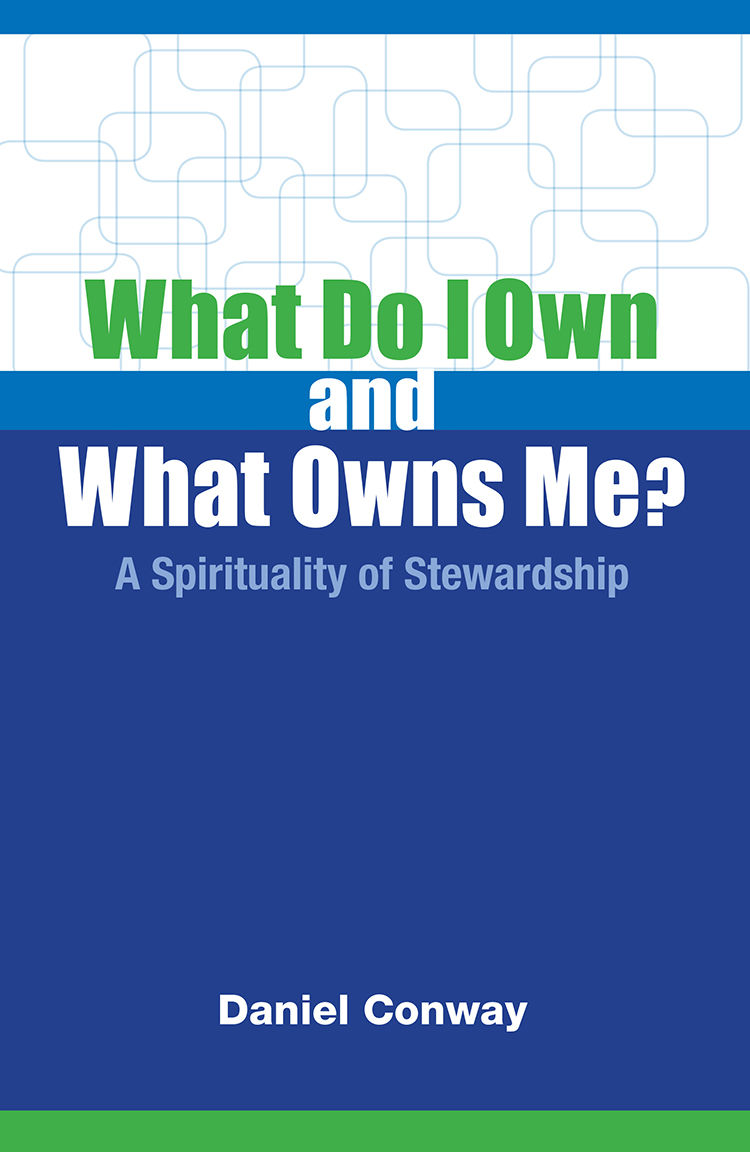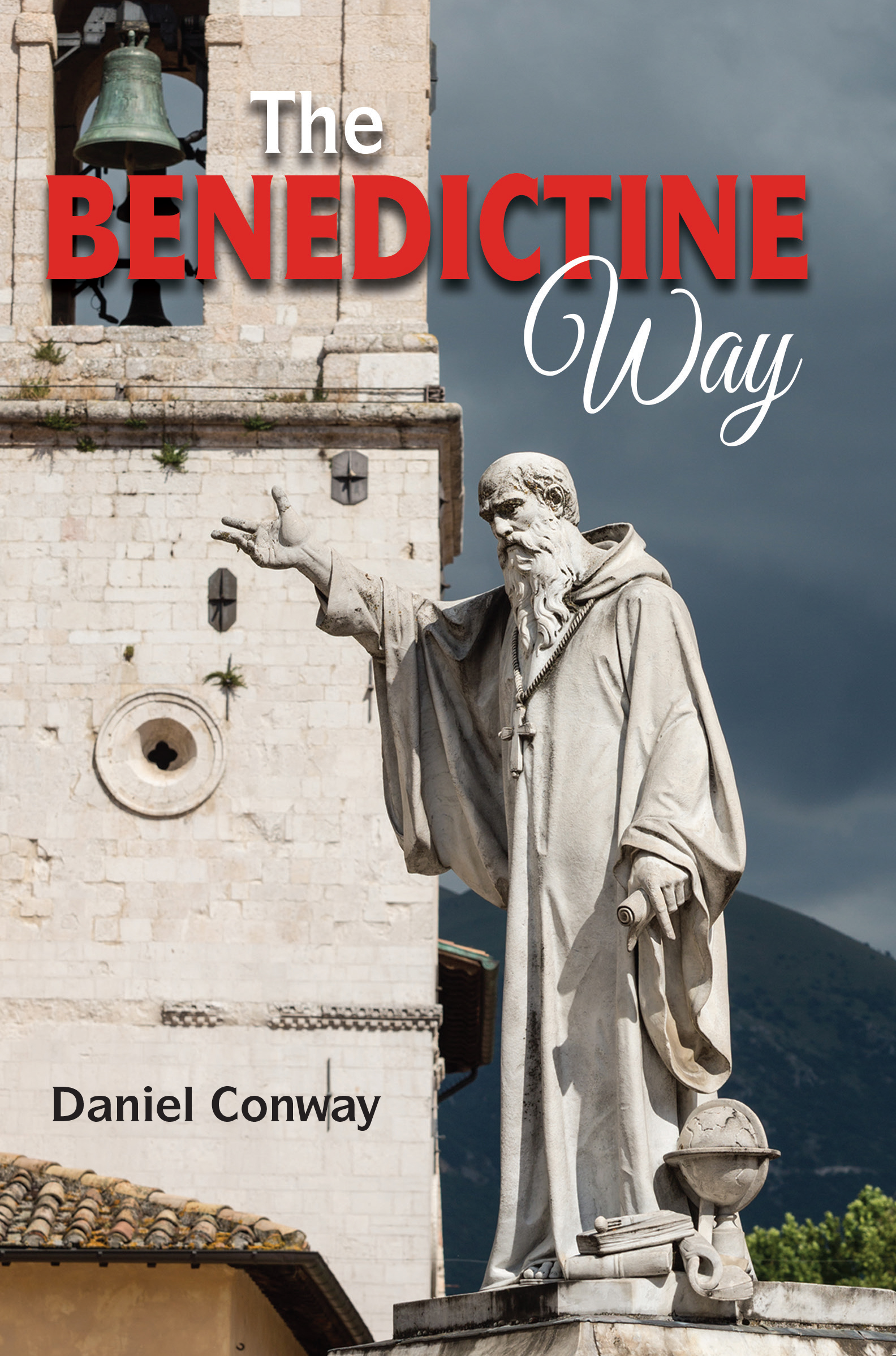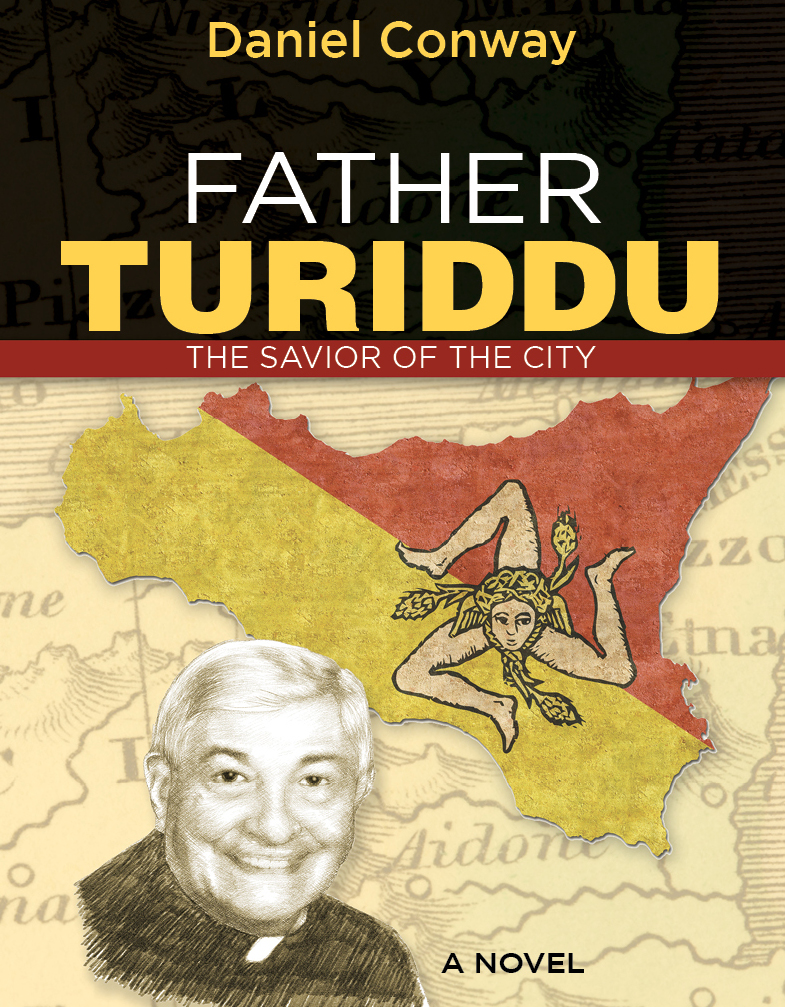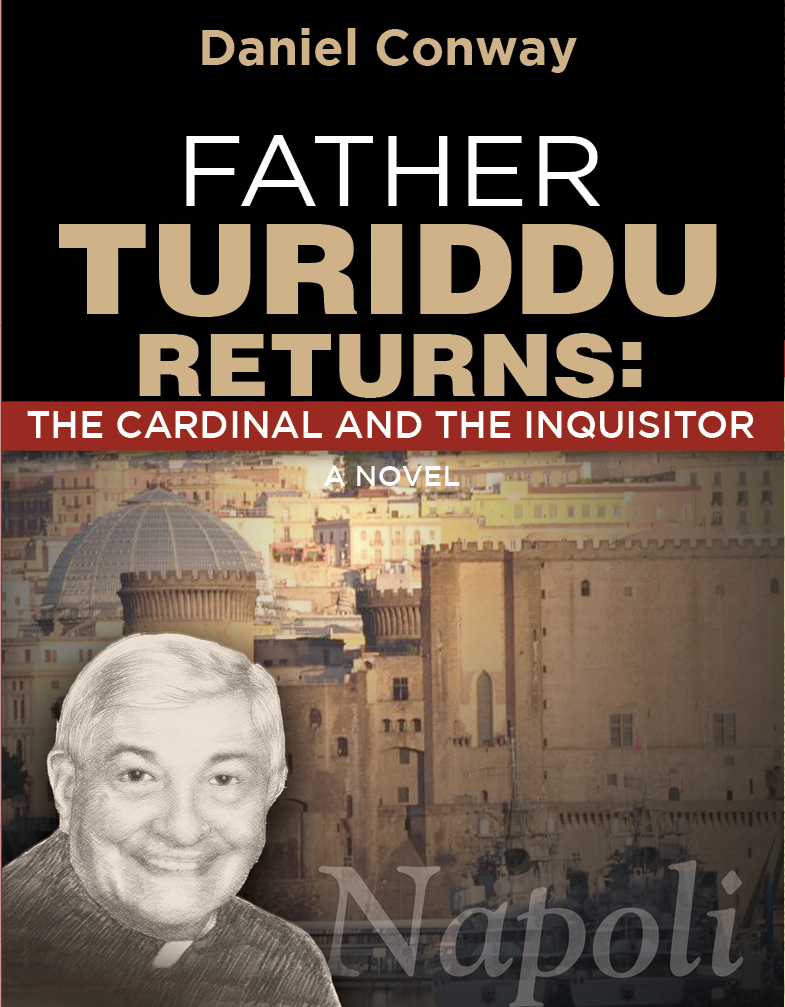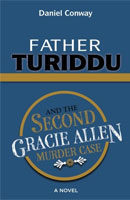The summer of 2018 opened the flood gates. The immediate cause was the news of credible accusations of sexual abuse against Theodore E. McCarrick—who was revered by many as a priest, bishop and then cardinal in the Roman Catholic Church, followed by the Pennsylvania attorney general’s report documenting four decades of clergy sexual abuse and cover-up in five Pennsylvania dioceses. Then came a public statement (called a “testimony”) by a former apostolic nuncio to the United States who accused Pope Francis of deliberately ignoring the allegations against McCarrick, urging the pope to resign.
In the wake of these “revelations,” churchmen lined up on opposing sides (commonly, if simplistically, identified as left wing, liberal Catholics versus right wing, conservatives). Some vigorously defended Pope Francis against his accusers. Others seized on this opportunity to denounce the pope and even question the legitimacy of his papal ministry.
I remember reading two articles in succession. One blamed the current crisis on St. John Paul II. The other took aim at Pope Francis. “Where’s the middle ground?” I asked myself. During this crazy time in the history of our Church, who speaks for balance or moderation?
There are voices that urge faithful Catholics to keep their heads and not give in to the temptation to see everything in terms of black or white, left or right, liberal or conservative. But these voices of moderation, by their very nature, speak softly. They do not shout or blame or ridicule. They seek the truth reasonably, and before making rash judgments they give careful consideration to all sides of the various arguments.
I want to add my voice to those who seek to articulate a balanced, thoughtful position—not just on the current crisis, which clearly is the tip of a much larger, deeper iceburg, but on the meaning of life and the mission of Catholicism. I want to speak moderately and to express views that are faithful to Scripture and Church teaching. I want to advocate for Moderate Catholicism as the only sane and healthy way to view the issues that confront us today both inside the Church and outside it in the secular world.
How do I define Moderate Catholicism? With some difficulty, I admit. From one perspective, I would say that Catholicism properly understood and practiced is moderation in both teaching and practice (doxis and praxis). It is a balanced way of thinking, worshiping, working, helping others and even making love. Moderation becomes important when any one or all of these things have been exaggerated, stretched beyond their natural (or supernatural) limits.
When “truth” becomes so relative that any point of view becomes valid, the wisdom of the Church is needed to bring opposing arguments into proper perspective. If racism, for example, is always and everywhere evil, there must be an underlying principle that makes this conviction true. I believe that principle is the notion that every human person is made in the image and likeness of God and, therefore, possesses an inviolable dignity and equality that cannot be denied by any human laws or customs. But if this principle—the inviolable dignity and equality of every human being is true, then it must be applied to all human life including the unborn, the elderly, the poor and disabled physically or mentally. Catholicism in moderation sees the truth of things in a balanced way. It opposes the death penalty for the same practical-but-also-moral reasons that it regards abortion as untenable.
Moderate Catholicism resists extreme approaches to worship. Recognizing that there is lots of room for cultural and liturgical diversity in the Church, moderates resist rigidity on the left and on the right. Is liturgical music better when it’s contemporary or traditional? A moderate approach would be to decide this question (and many others) in a responsible, pastoral way and not make too big a deal about it. Obviously there are some things (like the form of the liturgy and its sacred elements) that are non-negotiable, but it’s never a good idea to get so wrapped up in externals that we forget what really matters—the presence of Christ in the Eucharist and our communion with him and each other.
“Work is for man. Man is not for work.” St. John Paul II gave expression to this fundamental Catholic social teaching. It means that we human beings work to live; we do not live to work. Any economic system or social doctrine that fails to accommodate this fundamental teaching falls outside the purview of Moderate Catholicism. We can be capitalists only to the extent that our economy, our laws and our social structures support the dignity and rights of individual workers and their families. We can be socialists under the same requirements, but any ideology that systematically oppresses human labor and initiative must be opposed on principle.
A moderate approach to Catholic social teaching would seem to be unchristian. After all, Jesus makes radical and uncompromising statements on virtually every page of the New Testament. “Go, sell what you have and give it to the poor” is a command, not a suggestion. But this is a command that most of us cannot obey literally. What’s needed is a fundamental conversion of mind and heart that recognizes God as the “owner” and “giver” of all that we possess. As stewards, we are called to develop and grow all God’s gifts and then share them generously with others. A moderate approach is to “give away everything” by letting go of all our spiritual and material possessions, living simply and responsibly and sharing God’s gifts with others, especially the poor and vulnerable.
And finally, we are called to moderation in sexuality. The extremes are well known—from “anything goes” to “nothing is permitted outside some very narrow and rigid lines.” Surely the truth lies in the middle, but in our highly eroticized culture the middle can be difficult to find and maintain depending on your age, your state in life or your mental and physical condition. Catholic teaching on human sexuality is not well understood even by faithful Catholics, but it does represent a wise and balanced perspective on one of the most important and challenging aspects of daily life.
The grand paradox of Catholic Christianity is that it urges us to make radical changes in our personal lives and in our world, but only in ways that avoid turning Jesus’ way of life into a rigid ideology. That’s what I call Moderate Catholicism—a radical, but not rigid, way of living the Gospel.

